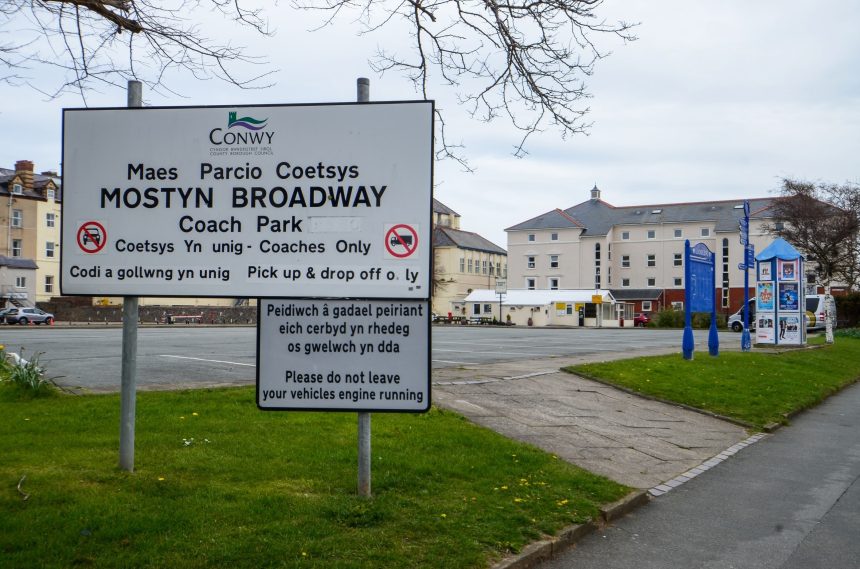I have been involved with the coach industry for over 20 years, from my time as Chair of the London Coach Forum while at Transport for London and then from 2016 working for the London Tourist Coach Operators Association and now the UK Coach Operators Association (UKCOA).
One topic that has been close to the top of the in-tray across all that time is coach parking. Whether it be at a policy level or dealing with individual locations, the subject never fails to make the headlines at some stage or another.
Recent cases of areas where coach parking has been restricted include Bourton-on-the-Water, Bibury, Burford, and Glenfinnan.
In most cases, residents and councillors have put forward the case to restrict or even ban coaches from their towns or villages, while some businesses have equally shown that the loss of trade from restrictions could have a detrimental effect on their revenue.
The latest beauty spot to hit the headlines as far as coach parking is concerned is Birling Gap on the South Downs, where the National Trust has prohibited coach drop-off and parking to try to manage the large number of visitors that the area attracts.
However, it is not restricting cars – which, if you consider the wider environmental impact in terms of energy consumed per person compared to a similar number of people travelling by coach, seems bizarre.
It is not all bad news. To provide a balanced picture, Promenade Park in Maldon, the largest waterside park in Essex, has just reduced the cost to park a coach from £24 to £10; it has four bays available and is keen to attract coach parties.
Salisbury coach park reopened in 2024, and new coach facilities – for six vehicles – are now available at Coniston in the Lake District.
A representative from Frinton Parish Council in Essex has also been in touch with UKCOA over the past year. It welcomes coaches and has arranged places for them to park just outside the centre of the village.
But coaches occasionally venture into the centre, which has some quite narrow roads. They end up causing an obstruction in doing so, leading to frustration all round.
The latter point is important, I believe. As much as we need towns, villages and other places of interest to welcome coaches, we too need to be good neighbours.
In my opinion, no coach driver should leave the depot in the morning without knowing where they are going to drop off their passengers and where they are going to park (and, if possible, with a plan B if the location is already occupied and not bookable in advance).
If there is a private hire to a place not visited before, reconnaissance is always a good idea, even if you must resort to an internet ‘street view’ system should you not have the time for a trip in person!
There is not much that coach operators and the trade bodies that represent them can do if a parish or town council is determined to ban coaches, other than to continually remind those bodies about the benefits of coach travel and what it can bring to the local economy.
More globally, we need to continue to raise coaches above the parapet, which is why National Coach Week and similar events are so important – as is continued engagement with government, both nationally and locally.
I have not mentioned London but will cover that in next month’s column!


























